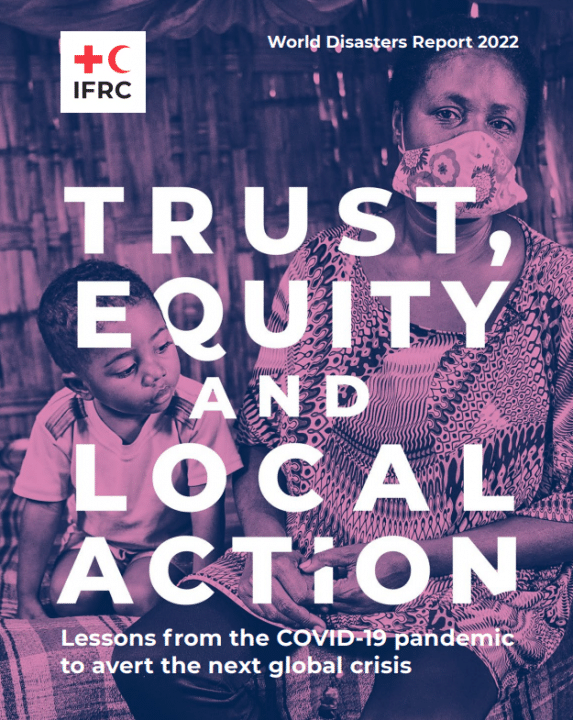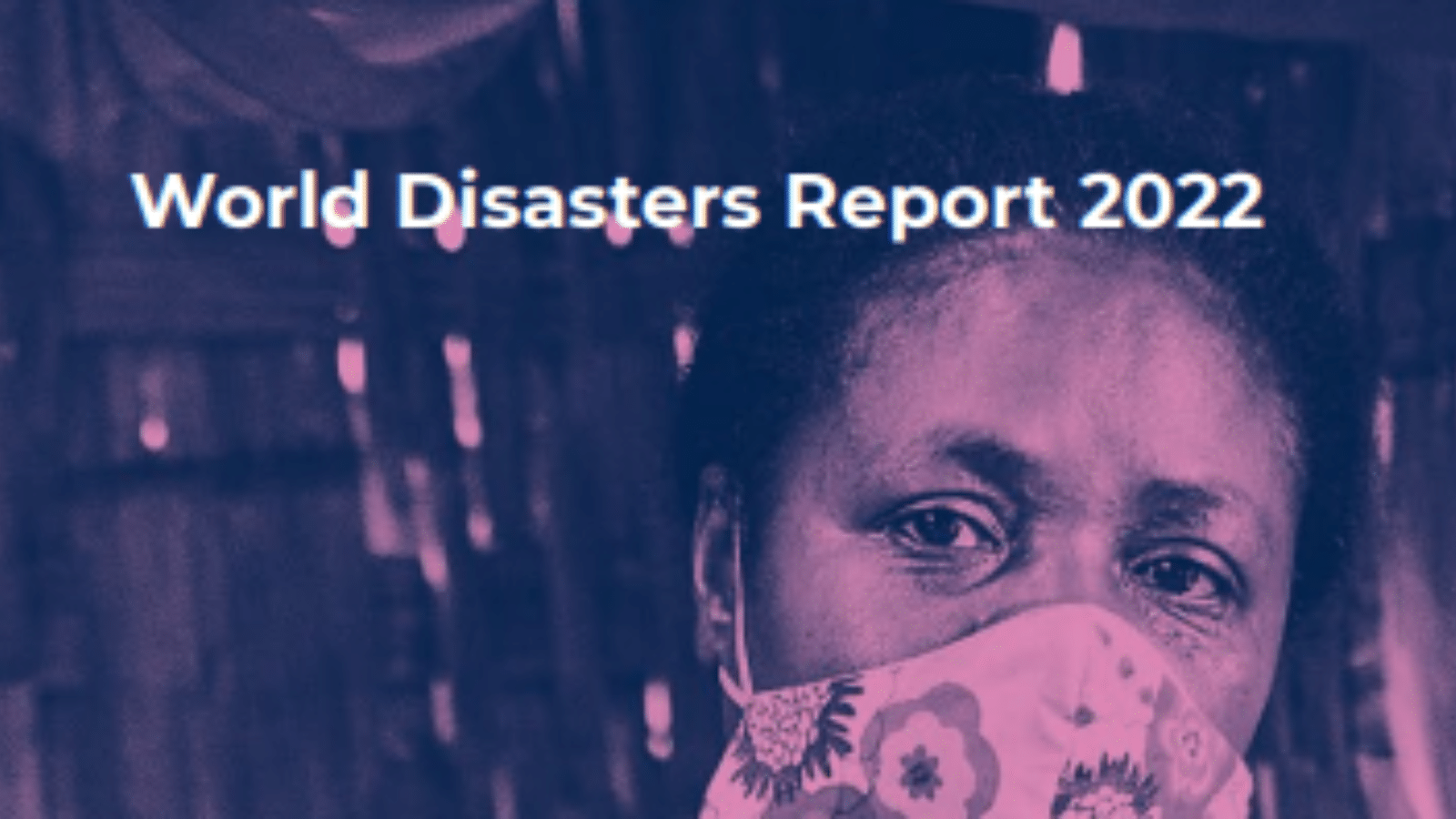
The Covid-19 pandemic is described as one of the largest disasters in human history.
Published by the International Federation of Red Cross and Red Crescent Societies (IFRC) at the end of January 2023, The World Disasters Report 2022: Trust, Equity and Local Action provides an overview of lessons learned from the Covid-19 pandemic and how to avert the next global crisis. The report focuses on the pandemic and preparedness, both in terms of inadequate preparedness ahead of the Covid-19 pandemic, and how the world can prepare more effectively for future public health emergencies.
According to the report, the pandemic had global effects on entire economies and enormous socioeconomic impacts that will cost globally 13.8 trillion by the end of 2024. The effects of the pandemic were also not suffered equally, with some communities suffering more than others due to access to resources and management of the crisis. Countries who demonstrated the best emergency management had resilient healthcare systems and had experienced and used the lessons from previous outbreaks, such as SARS in 2003.
The IFRC warns that (at the time of writing) “all countries remain dangerously unprepared for future outbreaks.” To improve preparedness, the report identifies three key elements that are often overlooked but are essential for preparedness success, namely trust, equity and local action.
For example, the report notes it was the ability to build trust through providing information about vaccine safety and efficacy that ensured vaccination of people in record time. Preparedness also means including provisions for greater equity, as a society is not fully prepared if is not prepared to help all. The most harm is often suffered by already vulnerable groups, therefore it is essential to bolster social protection programs, foster inclusion and achieve universal health coverage. Local action is crucial for any effective disaster response, as local actors are on the front line and can act as a conduit between the authorities and communities on the ground.
Through the report, the IFRC also outlines six key activities to building preparedness:
The report also provides a set of key recommendations, and finally concrete public actions are recommended to be followed up immediately to ensure the history of inadequate preparedness does not repeat itself.
Read the full report here.
